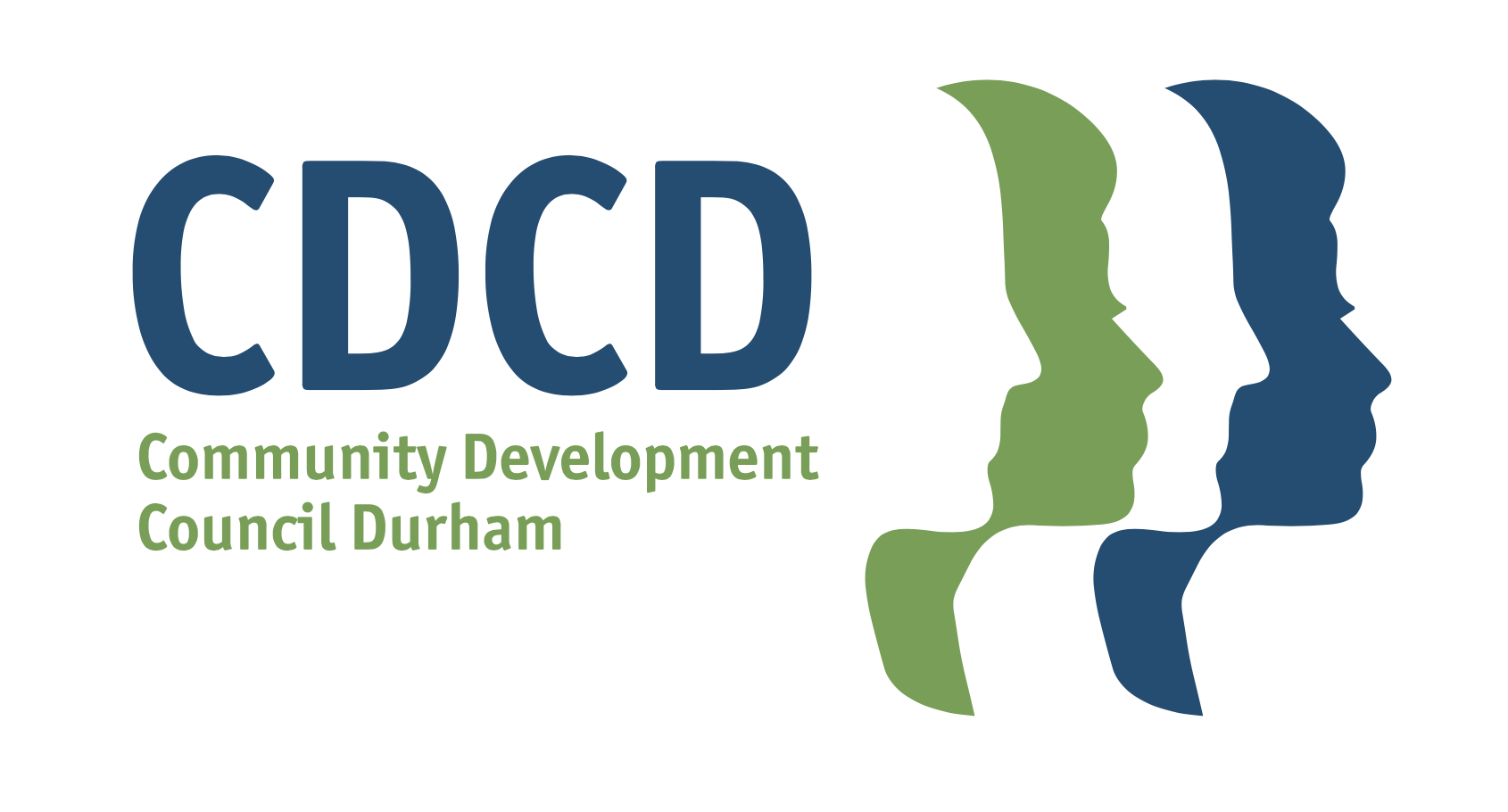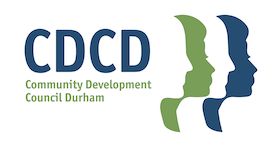Community Development Programs
Social Planning in Durham
CDCD is Durham Region’s official Social Planning Council. As such, we endeavour to improve the well-being of residents through social research, engagement, and identifying what matters to our community.
Leadership Durham
A Community Leadership Program (CLP) is an innovative way to bring together emerging and aspiring leaders in the public, private and non-profit sectors of the community. In cooperation with many community partners, CDCD has brought our local CLP: Leadership Durham, to life in our community.
These programs provide an opportunity for participants to explore and strengthen their leadership skills, develop a newfound network of meaningful contacts, and learn more about the outstanding characteristics and challenges of our community.
Each year, non-profit/charitable agencies have the opportunity to submit proposals for projects that they may not have the capacity to achieve otherwise. These projects may include feasibility studies, strategic plans, policy and procedure development, fundraising, etc. Successful proposals are completed by the leadership program participants, supporting our local non-profit sector and building connections across sectors.
Who is involved?
In December 2014, the Ontario Trillium Foundation funded a 1-year pilot project for the creation of a Durham Leadership Program. It is expected to begin implementation in 2016. The project is a collaborative effort between:
- Community Development Council Durham
- The University of Ontario, Institute of Technology
- Durham College
- Town of Ajax
- City of Oshawa
- Town of Whitby
- United Way of Durham Region
- Durham Community Foundation
- Business Advisory Centre of Durham
- Durham Region Employment Network
- Literacy Network of Durham Region
- Durham Workforce Authority
Community Lens
Community Lens is a series of community-based research reports intended to disseminate and interpret important Durham Region-specific data as it becomes available. Reports focus on specific populations or regions and help guide conversation and planning throughout the community.
Initially, Community Lens was created to focus on results from the 2016 Census as this information became available. Current and future issues will cover subjects such as population, age and gender, seniors, housing, poverty, and immigration. Online versions of all Community Lens reports can be found below.
If you have any questions or comments regarding any of these publications, please contact Alison Baxter, Manager, Social Planning and Research at abaxter@cdcd.org or 905-686-2661 ext. 138.
Entrepreneurship Program
Are you new to Canada and want to start your own business? We are offering an Entrepreneurship Program for all newcomer women in the Durham Region. Visit the Newcomer Women’s Entrepreneurship webpage here.

